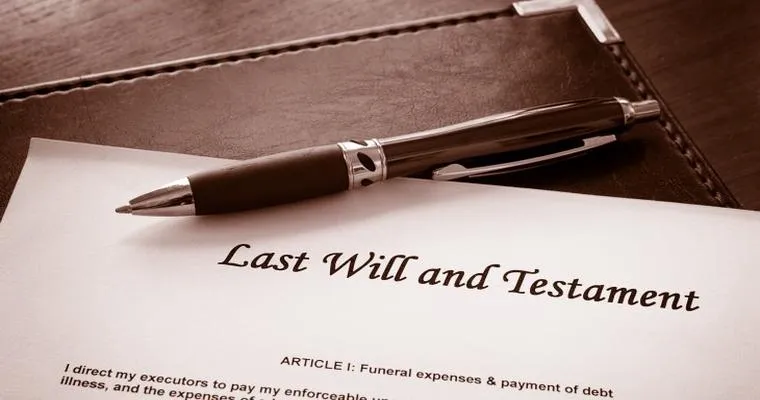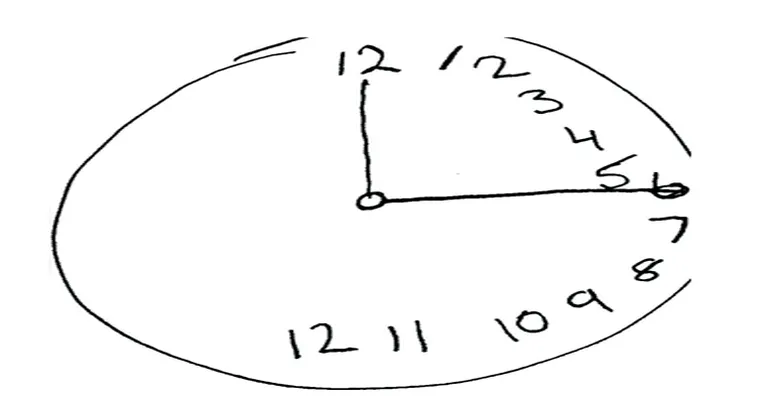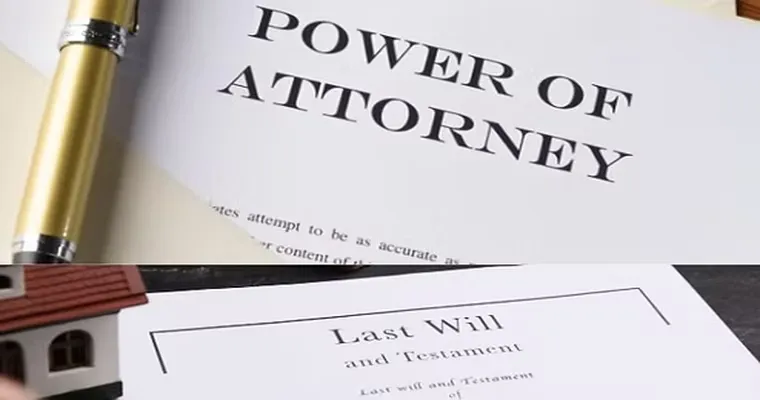Dealing with "aunt's final medical bills" can be a daunting experience, especially when emotions are running high after the loss of a loved one. Families often find themselves questioning their responsibilities regarding unpaid medical expenses. In this article, we will explore whether you are financially obligated to pay your aunt’s medical bills and what steps you can take to navigate this complex situation.
When a loved one passes away, it is common for family members to be confronted with various "financial obligations", including medical bills. Understanding the legal and ethical implications of these debts is crucial. Generally, the estate of the deceased is responsible for settling their debts, including medical bills, before any assets are distributed to heirs or beneficiaries.
If your aunt had a will, the executor of the estate will manage her assets and liabilities. This includes paying off any outstanding medical bills using the funds available in the estate. If the estate does not have enough assets to cover these debts, they may go unpaid, and family members are typically not held personally responsible for them. This is an important point to keep in mind: unless you co-signed for the medical bills or are legally obligated in some other way, you are not responsible for your aunt's final medical bills.
However, the situation can vary depending on several factors. If your aunt was covered by health insurance, part of her "medical expenses" may be covered, reducing the total amount owed. Additionally, if she received Medicaid or Medicare benefits, these programs may also help mitigate outstanding bills. It is advisable to check with the medical provider and insurance company to understand what is covered and what remains unpaid.
In some cases, family members may feel a moral obligation to help pay the bills, even if they are not legally required to do so. This decision is a personal one and should be considered carefully. It is essential to communicate openly with other family members about the situation to ensure everyone is on the same page.
If you are approached by a collection agency regarding your aunt's medical bills, it is important to verify the legitimacy of the debt. Request documentation to confirm that the bills are valid and that you are not personally liable. If you are uncertain about your legal responsibilities, consulting with an attorney who specializes in estate law can provide clarity and peace of mind.
In conclusion, while the emotional burden of dealing with an aunt's final medical bills can be overwhelming, understanding your legal obligations is crucial. Typically, family members are not responsible for these debts unless they have a specific legal obligation. Focus on managing the estate properly and seek professional advice if needed. Remember, it is essential to prioritize your emotional well-being during this challenging time.





